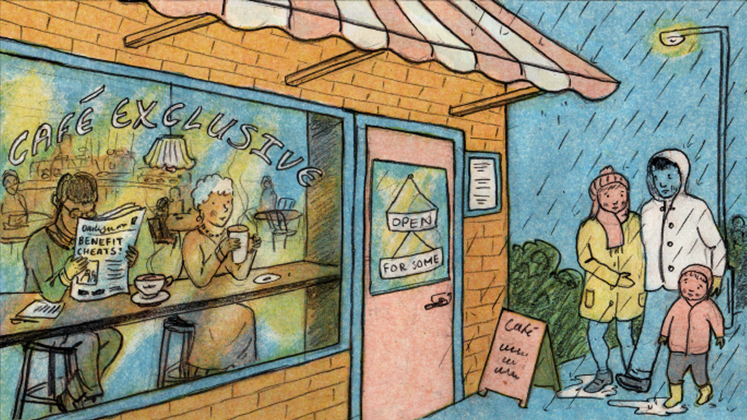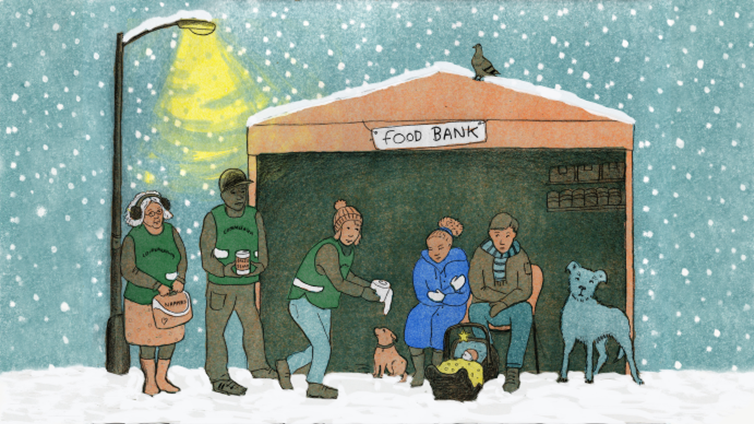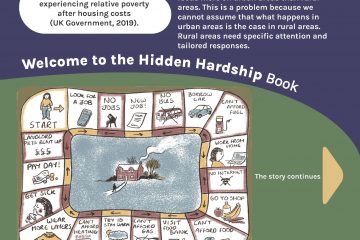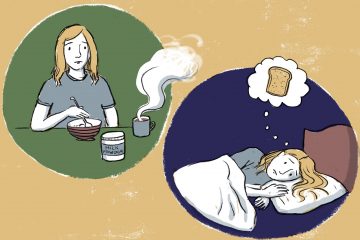This month the Hidden Hardship blog post is written by Revd Canon Dana Delap, team vicar of several churches in the North Cotswolds. Dana writes:
The true paucity of provision for those experiencing hardship in the North Cotswolds was revealed during the 2020 Covid-19 pandemic. I arrived in Blockley in 2014 from intercity Newcastle upon Tyne. The abundance of resources was overwhelming. So, for example, charity shops sold an excellent array of good wares; churches often have their own charitable trusts for children, youth and adults to help alleviate poverty; the North Cotswolds Foodbank was well run and there weren’t many needing its support; schools knew which families needed a bit of extra support and were able to find help for those who needed it.
The hardship was less immediately obvious. As I looked harder I noticed the increased numbers of foodbank parcels given out in winter, when income dropped for people who were on zero-hours contracts and seasonal workers; I saw the problem of getting to medical and other appointments when the bus service is sporadic and expensive (and don’t bother trying to get a taxi – they are like hen’s teeth); I heard about middle class families for whom sudden drop in income was shameful, and keeping up with the neighbours a priority, meaning that they experienced hidden hardship; and I met extended families who relied on the older generation to support families on limited incomes.

As a church community, we made new relationships with people who were victims of modern slavery, people whose mental health was badly affected by the isolation of lockdown, and families who were struggling to live together in a confined space. In the first lock-down, the buses to Blockley stopped altogether. There was no access to foodbanks, whose hubs are based in local towns. And with supermarkets closed, there were no drop-off points for foodbank donations. So I started a foodbank donation point, and began to collect parcels to give to those who needed them. When I saw people taking food from the donation point, I was able to engage them in conversation, find out what they needed, and put them in touch with agencies who were able to help.

The longer I live here the more I am surprised by both the generosity of some, and the parsimony of others. For me, church is there to offer a generous welcome, and hospitality to all, a welcome which is inclusive of everyone. And I believe in a church which shares what it has, so that we all experience God’s love. During the pandemic, we learnt to see people living with all sorts of hardship, and to share our plenty to help where we could. In 2022 we signed the Anti-Poverty Charter and have continued to look for those who are experiencing hardship. We hope to offer all we can to those experiencing hardship our support and our companionship.


